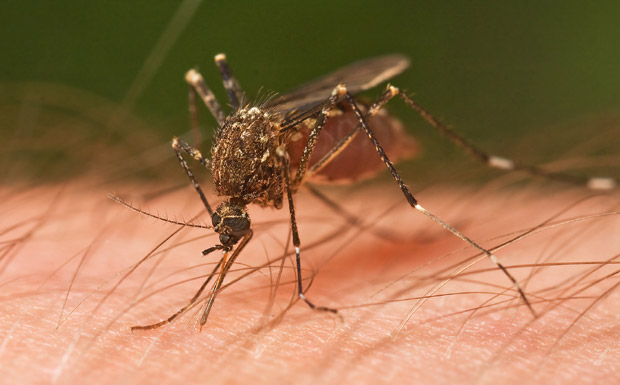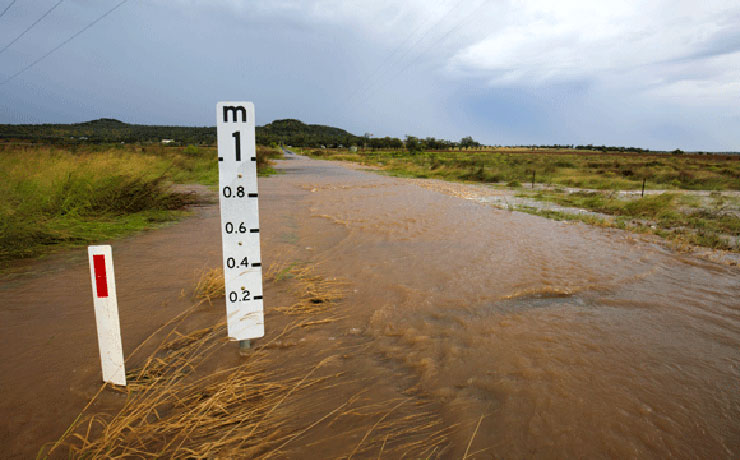
August 8, 2017
by Anne Miller
A news story published widely on the internet recently could have left readers thinking a wave of tropical diseases was about to overwhelm southern Queensland.
The report warned that within the Darling Downs Hospital and Health Service region – which includes the South Burnett – there had been two cases of malaria recorded within the latest statistical period, three of dengue fever and one of chikungunya.
What the report did not emphasise was that the risk of catching these exotic diseases was very remote.
A spokesperson for the Health Service confirmed to southburnett.com.au that the malaria, dengue fever and chikungunya cases were all acquired overseas and brought back to the region by travellers.
For these diseases to spread, specific types of mosquitoes – Anopheles spp and Aedes spp – would need to be present, bite the infected person and then bite a second person, passing on the virus.
The diseases cannot be spread from person to person, except in extremely rare occasions through blood transfusions or organ transplants.
Anopheles mosquitoes are only found in the most northern parts of Australia.
Likewise, only a few Aedes aegypti mosquitoes have been found in the South Burnett over recent years.
However, if you are still worried about mosquitoes, this is what the Darling Downs Public Health Unit has previously suggested:
- Emptying water from pot plants weekly and wiping them out; this will ensure mosquito eggs are eradicated
- Checking water tanks to ensure the screens are intact and not damaged, and replacing them if they are
- Keeping yards clean and free of discarded items such as plastic containers, tyres and old appliances
- Removing debris from gutters
Individuals can protect themselves against mosquito bites by:
- Applying insect repellent containing DEET or Picaridin
- Wearing long-sleeved, light-coloured clothing
- Using insect surface spray, mosquito coils or plugged-in insecticide devices indoors
- Repairing defective insect screens, or fitting new screens where possible.
























